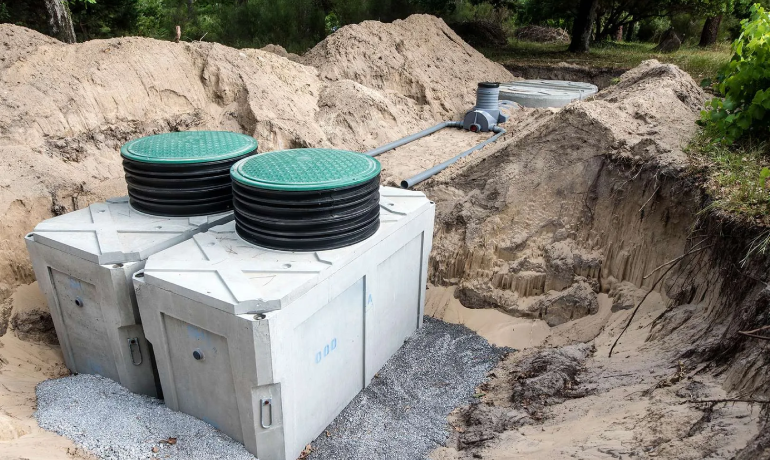Malcolm Spalding
The work was to make a sewer connection to one of our buildings. AFS were patient, helpful and professional throughout. Special thanks to Dan Ford and Steve for an excellent job.
We provide expert sewage treatment plant services across the South of the UK, supporting rural properties, housing developments, commercial sites and infrastructure projects. Our engineers deliver compliant wastewater treatment solutions designed for long-term reliability and environmental protection.
Emergency Services & Enquiries
Real feedback from homeowners and businesses across Hampshire, Surrey & West Sussex.
Our fully accredited engineers are ready to assist 24/7.
Emergency Services & Enquiries

Across the South of the UK, sewage treatment plants are widely used where properties are not connected to mains drainage. Rural areas, coastal locations and expanding developments rely on correctly designed systems to treat wastewater safely while protecting groundwater, watercourses and surrounding land.
Our regional sewage treatment plant services include system design, installation, diagnostics, repairs and structured treatment plant maintenance. We also deliver compliant upgrades through sewage treatment plant installation, supporting planning requirements and environmental regulations across Southern England.
Clients across the South of the UK require sewage treatment plant services for reasons including:
All sewage treatment plant services across the South of the UK are delivered to manufacturer standards and current wastewater treatment regulations.
Our structured sewage treatment plant service process across the South of the UK ensures compliance and reliable operation:
Every sewage treatment plant service includes full testing and guidance to support long-term system performance.
If your sewage treatment plant has failed anywhere in the South of the UK, our engineers provide prompt assessment and repair support.
We offer responsive sewage treatment plant assistance throughout Southern England.
Our South of the UK sewage treatment plant services include installation, servicing, fault diagnosis, electrical repairs, compliance inspections and performance testing.
We work with approved treatment plant manufacturers to ensure efficient operation and regulatory compliance.
Our sewage treatment plant services across the South of the UK support homeowners, estates and commercial operators. Related services include septic tank conversion, treatment plant maintenance, treatment plant installation, septic tank compliance and pre-house purchase inspections.
To book sewage treatment plant services anywhere across the South of the UK, call 01420 561661 or complete our online enquiry form for expert assistance.
ReliableProfessional24/7 Support